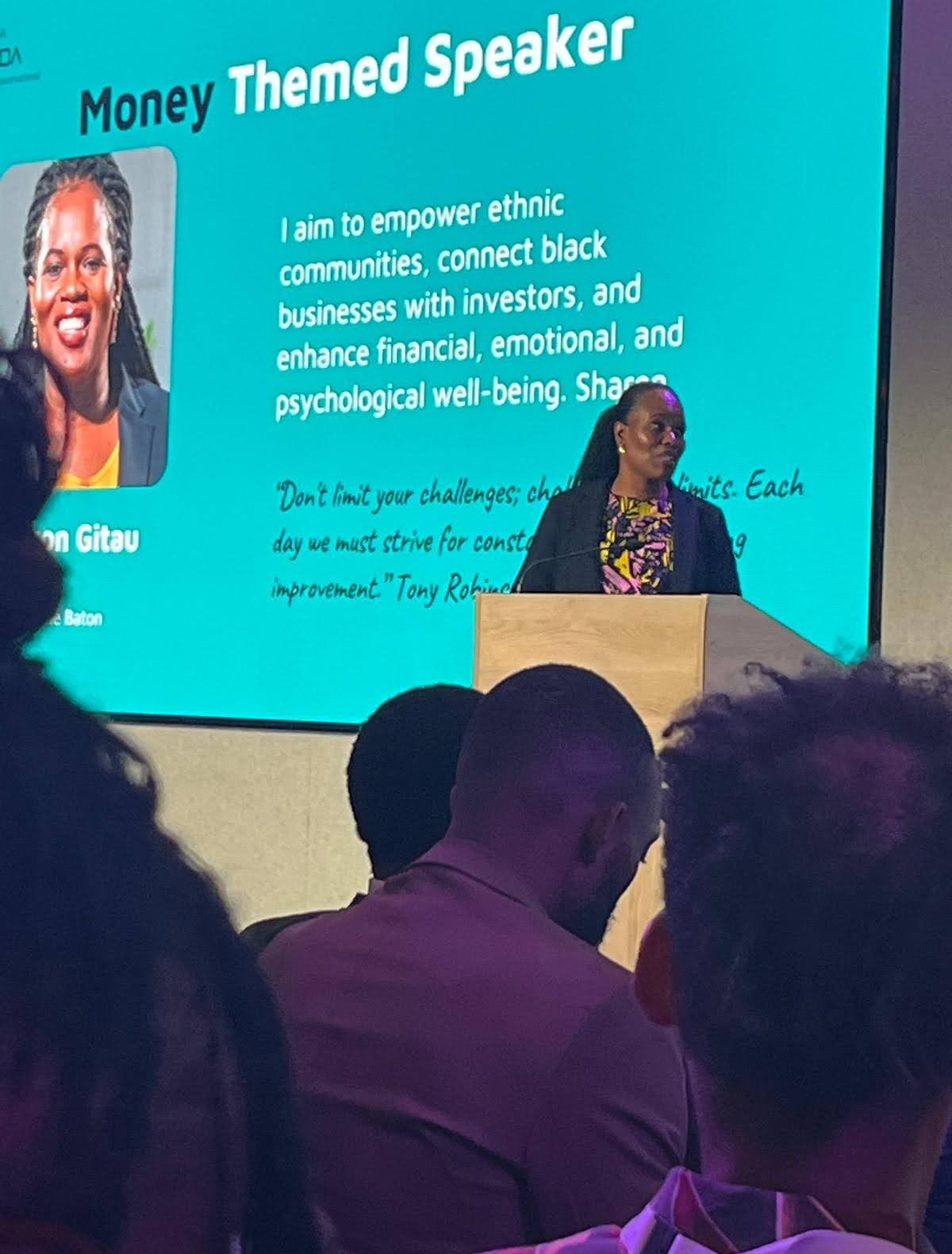
Our Services
Harnessing Community Services for Cultural Competence, Inclusion, and Diversity
This initiative aims to bridge the gap between marginalised groups and mainstream services by fostering cultural competence, promoting diversity and equality, and empowering community members through targeted programs and support systems.
Key components of the initiative include:
-

1. Cross-Cultural Training and Empowerment
- Capacity-building workshops tailored to women, youth, and community groups
- Training sessions to promote understanding and appreciation of diverse cultural backgrounds
- Empowerment initiatives to build leadership skills and self-efficacy
-

2. Advocacy Services
- Personalised support for young people, women, and men within ethnic communities
- Assistance in navigating legal, educational, and employment systems
- Mediation services to ensure equitable representation and fair outcomes
-

3. Virtual Network for Women, Men, and Youth Groups
- Online forums to foster community engagement and collaboration
- Virtual events and peer discussions on issues affecting community well-being
- Digital resource hubs for information sharing and mentorship
-

4. Peer-to-Peer Support and Empowerment
- Structured peer mentorship programs
- Support circles to foster emotional and social resilience
- Platforms for sharing success stories and experiences
-

5. Network Groups for Community Connection
- Establishing interest-based networks to connect community members
- Regular meet-ups to facilitate social bonding and resource sharing
- Cross-group collaborations to address common challenges
-

6. Women Empowerment and Support Group Formation
- Guidance on forming structured support groups for women
- Leadership development for group coordinators
- Community-building activities to strengthen group identity and cohesion
-

7. Signposting to Mainstream Services
- Referrals to healthcare, education, housing, and employment services
- Guidance on accessing government and non-profit resources
- Navigational support to reduce barriers to essential services
-

8. Liaising with Professionals to Facilitate Inclusion
- Collaborations with local councils, service providers, and businesses
- Professional training sessions to improve service delivery for diverse communities
- Advocacy for inclusive policies and practices
